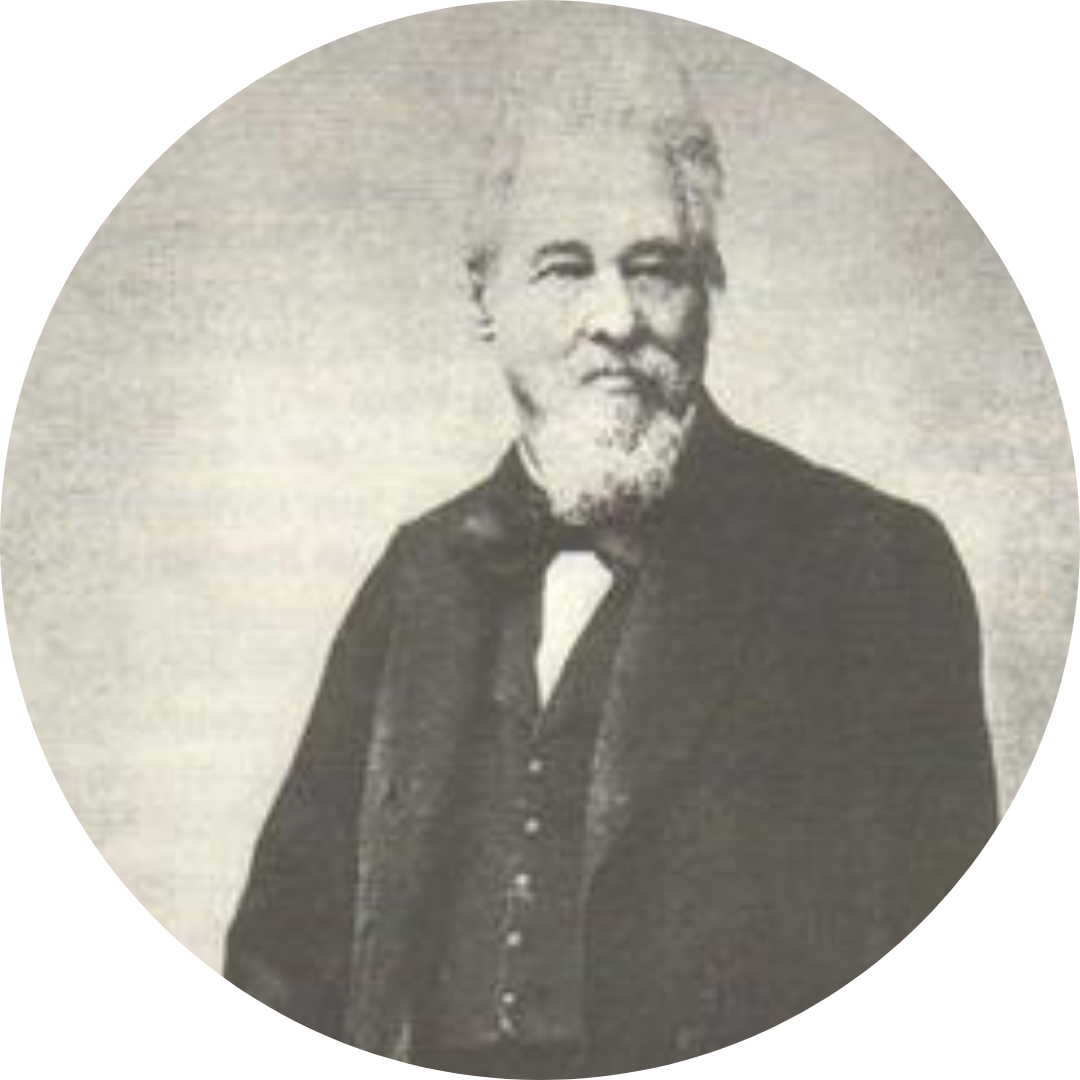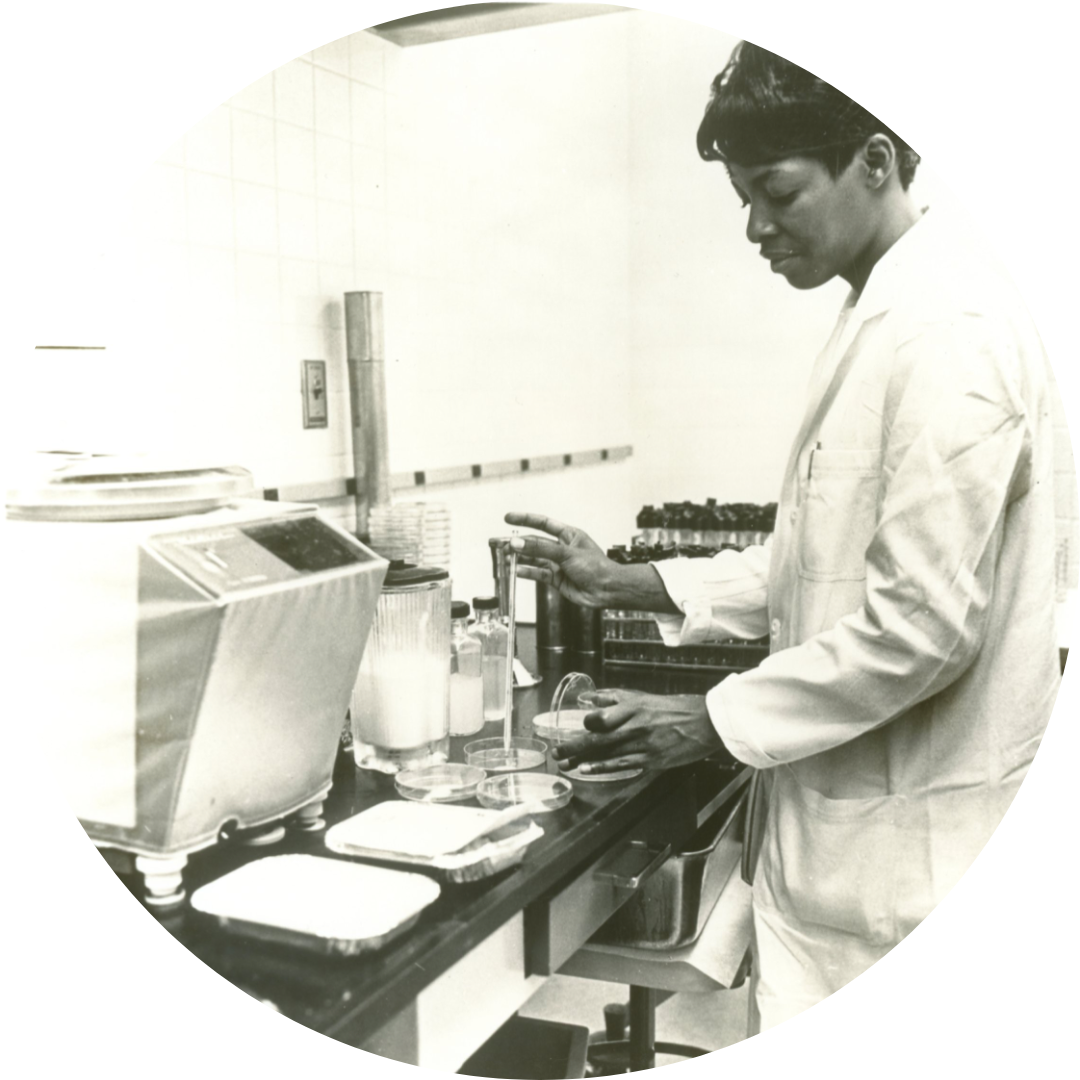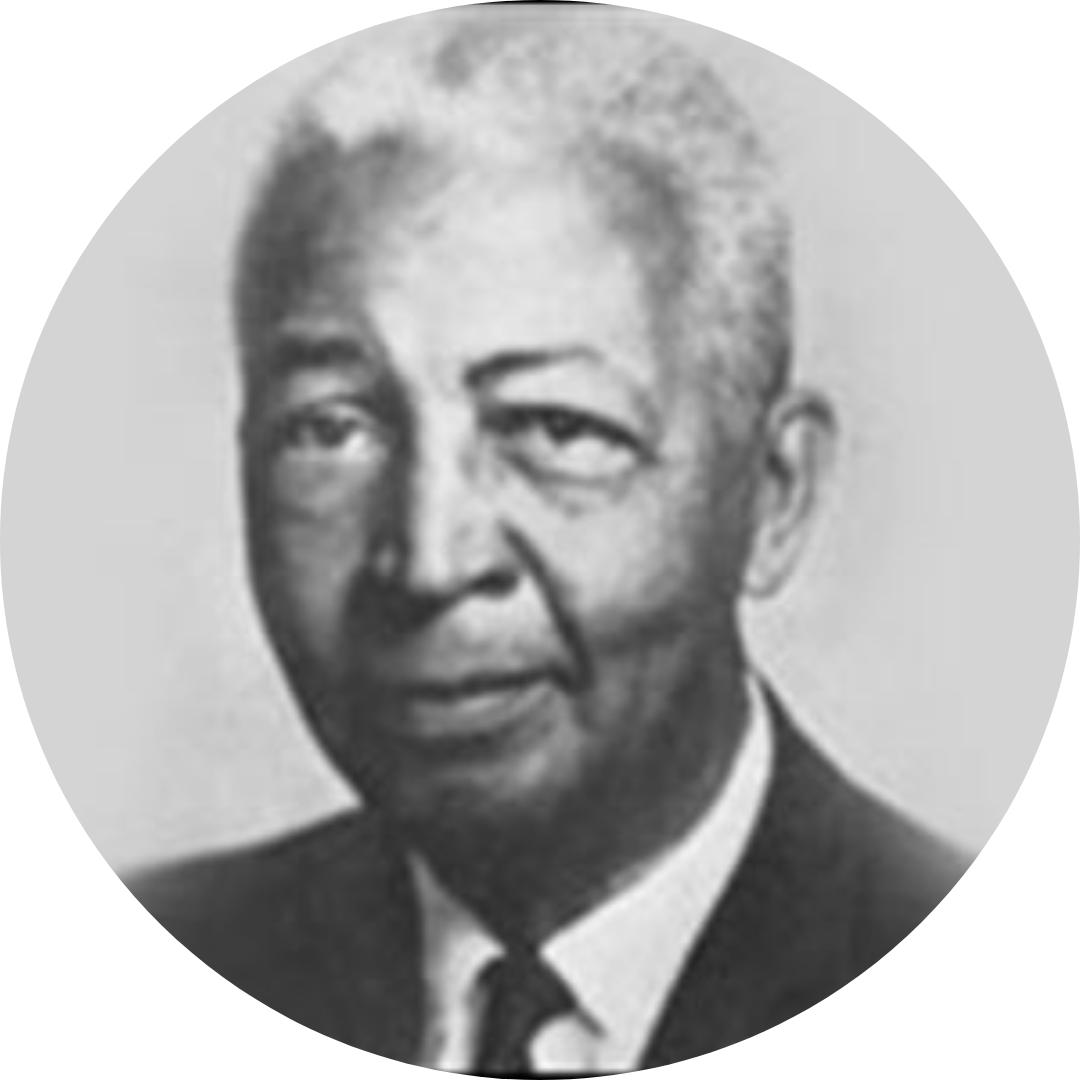Commemorating the Contributions of Black Food Scientists and Technologists
October marks Black History Month, a time dedicated to recognising and commemorating the contributions of notable black individuals. In our context, we are focusing on celebrating the achievements of black food scientists and food technologists, both from the past and those active today. In this article, we've dedicated our efforts to uncovering the historical achievements of black scientists in the field.
Black History Month originated in the United States in the early 20th century, initiated by Dr Carter G. Woodson in 1926 to coincide with the birthdays of Abraham Lincoln and Frederick Douglass. Dr Woodson aimed to raise awareness of black history and correct its omission from mainstream narratives.
In the United Kingdom, Black History Month started in 1987, organized by Akyaaba Addai-Sebo and supported by the Greater London Council. It aligns with the academic year, facilitating its incorporation into education and has evolved into a significant cultural and educational event, promoting awareness of black contributions to British society and discussing racial equality and social justice.
The theme for Black History Month 2023 is "saluting our sisters," a theme which acknowledges the matriarchs of movements. IFST recognises that black women and marginalised people have particularly faced exclusion from recognition in the food sector. Through our work to engage and encourage a diverse range of voices into work in the food sector, we hope to play our role as an Institute to change this narrative.
Norbert Rillieux
Norbert Rillieux (1806-1894) was a distinguished American-French chemical engineer celebrated for his groundbreaking invention, the multiple-effect evaporator which lowered the boiling point of the sugarcane juice under vacuum. This innovation brought about a revolutionary transformation in sugar processing, sending the sugar industry into a new era of growth and efficiency.
Rillieux's journey began with his expertise in steam engines, leading him to address pressing manufacturing challenges of his time. His primary focus lay in tackling the intricate problem of extracting moisture from cane juice while simultaneously lowering the temperature to achieve a purer, whiter sugar crystal. Between 1834 and 1843, Rillieux dedicated himself to the development of this invention, ultimately resulting in his patent for the multiple-effect evaporator.
Before Rillieux's breakthrough, sugar refining was a labour-intensive and perilous process, involving the hazardous handling of scalding liquids. The conventional method employed in New Orleans plantations, known as the 'Sugar Train,' entailed pressing cane juice and subjecting it to heating in large pans.
Rillieux's inventions not only bolstered sugar production and reduced manufacturing costs but also safeguarded countless lives by obviating the antiquated and perilous practices associated with sugar production. Remarkably, his innovations continue to find application in diverse industries, including sugar and dairy, enduring as a testament to his legacy.
Sara Thompson
In 1969 astronauts returning from the Apollo 11 mission were required to quarantine for 21 days. There was concern that the astronauts could be exposed to microorganisms or other elements in space that could cause problems back on earth. A company called Stouffer’s was selected by NASA to provide meals for the astronauts. It was important that meals during this period of isolation were free from foodborne pathogens.
Sara Thompson was Stouffer’s quality control supervisor during the Apollo 11 mission. In the photograph, Thompson can be seen in Stouffer’s laboratory pipetting a liquid, likely a growth serum, onto Petri dishes used for growing colonies of bacteria. Thompson was responsible for evaluating all packaging and ingredients for any potential toxins or bacterial growth. Her knowledge of chemistry, bacteriology, and biology was critical to the astronauts’ health during their time in quarantine.
In 2019, for the 50th anniversary of the successful Apollo 11 mission to the moon, an article was written about Sara Thompson’s contribution to the success of the mission, recognising that NASA and Stouffer’s “failed to acknowledge the black women who made the meals possible.”
Emmett W. Chappelle
Emmett Chappelle (1925-2019) was a prominent American scientist credited with the development of the 'ATP bioluminescence assay,' a laboratory test widely employed in the contemporary food industry for hygiene monitoring. This innovative technique is rooted in the same biological principle that enables fireflies to emit light.
ATP, short for adenosine triphosphate, serves as an essential energy storage molecule present in all living cells. During his tenure at NASA, Chappelle devised a method to catalyse ATP's reaction with the proteins luciferin and luciferase, the latter being derived from fireflies. This chemical reaction yielded visible light, detectable using a luminometer. The intensity of this light emission directly correlates with the quantity of ATP within the sample, offering a valuable indicator of cell concentration.
Today, ATP tests have found extensive utility in assessing microbial presence or other organic matter on surfaces and in drinking water, often applied through swift swab tests and used extensively in food production facilities as a marker of cleanliness. Chappelle's pioneering contributions to bioluminescence earned him a place in the US National Inventors Hall of Fame, and he received further recognition in 2007 as one of the 100 most distinguished African American scientists of the 20th century, with his groundbreaking work continuing to impact various sectors today.
Sir Geoff Palmer
Sir Geoff Palmer is a distinguished figure in the field of science and a prominent advocate for racial equality in Scotland. Born in Jamaica in 1940, he later moved to the United Kingdom to pursue higher education. He earned his PhD in grain science and technology from Heriot-Watt University, where he eventually became a Professor Emeritus in the School of Life Sciences.
Throughout his career, Sir Geoff Palmer has made significant contributions to the field of grain science and technology, particularly in areas related to brewing and distilling. His research has had a profound impact on the Scottish brewing industry, leading to innovations and improvements in the production of whiskey and beer. He has published numerous papers and articles, sharing his expertise with the scientific community.
Beyond his scientific accomplishments, Sir Geoff Palmer is renowned for his tireless advocacy for racial equality and social justice. He has been a vocal proponent of diversity and inclusion in academia and society at large. His efforts to combat racism and promote equality have earned him numerous awards and recognitions, including being knighted by Queen Elizabeth II in 2014.
Sir Geoff Palmer's life and work serve as an inspiration, demonstrating the profound impact that an individual can have on both the scientific community and society by championing important causes such as racial equality and diversity.
Lloyd Hall
Lloyd Hall (1894-1971) was an accomplished American chemist renowned for his profound contributions to the field of food preservation.
During his era, meat preservation primarily relied on sodium chloride, commonly known as table salt. While sodium nitrate and sodium nitrite could be employed for meat curing, they exhibited rapid penetration, adversely affecting the meat's texture. Hall ingeniously devised a method to encapsulate nitrates and nitrites within a sodium chloride "shell" through a process he termed "flash-drying" over heated rollers. This innovative approach allowed sodium chloride to permeate the meat first, dissolving within it, after which nitrates and nitrites could gradually diffuse into the preserved meat, effectively "curing" it.
Hall's inventive prowess extended to the preservation of spices as well. Recognizing that certain spices harboured numerous bacteria, yeasts, and mould spores, he patented the use of ethylene oxide gas within a sealed chamber to sterilize spices thoroughly.
Furthermore, Lloyd Hall was a trailblazer in the application of antioxidants to thwart the spoilage of fats and oils in bakery products. His pioneering work in food preservation techniques remains a lasting legacy, enhancing the quality and safety of food products for generations to come.
